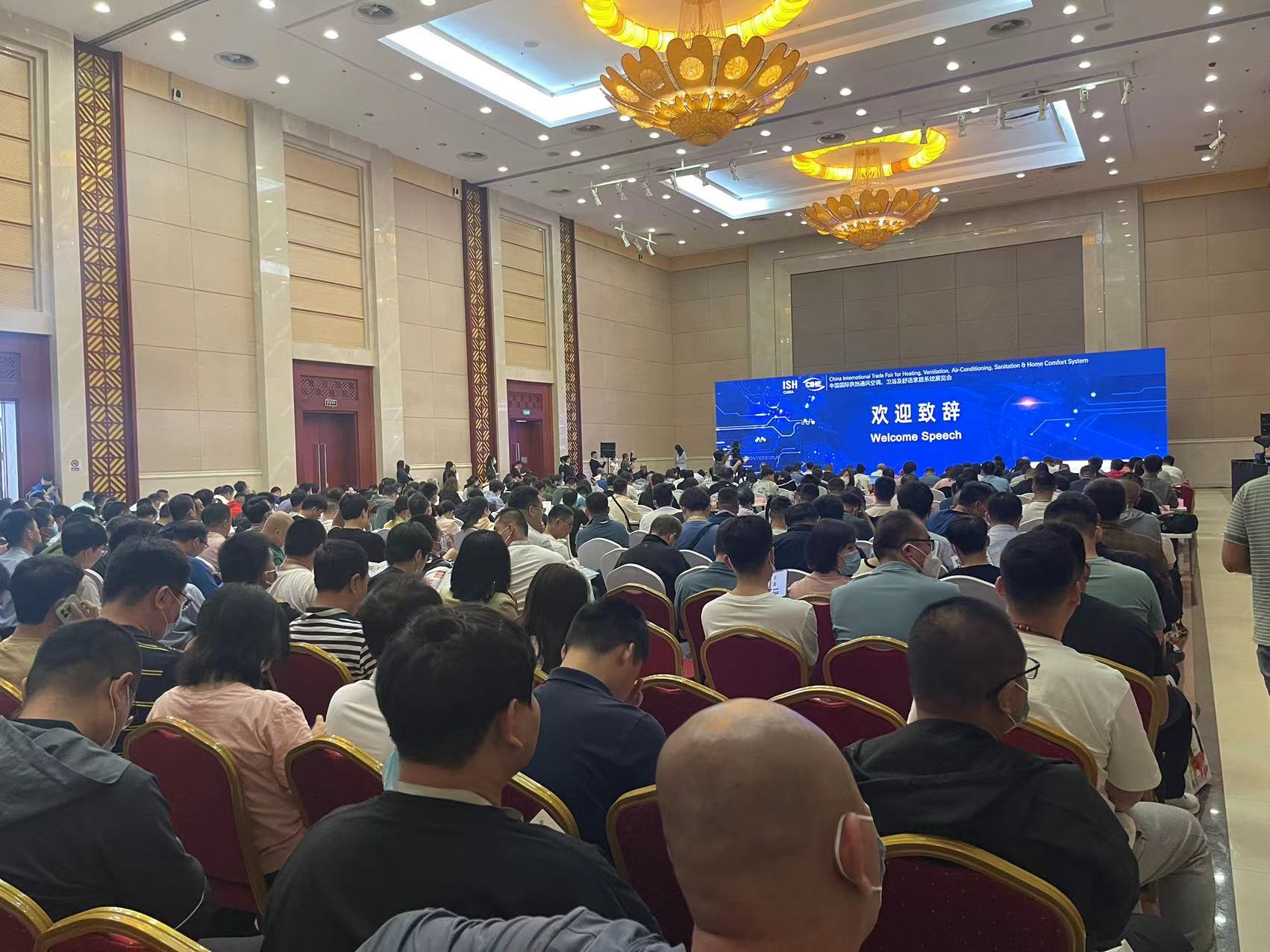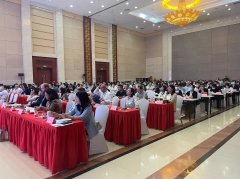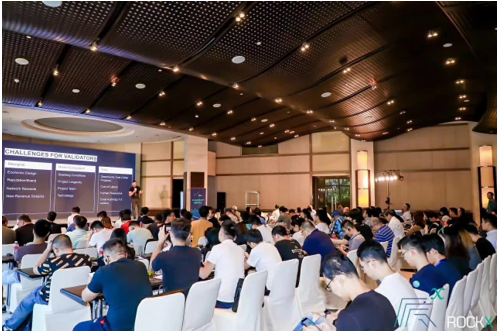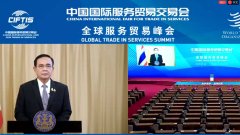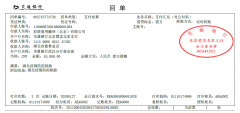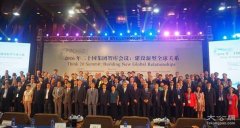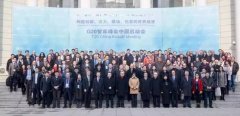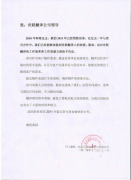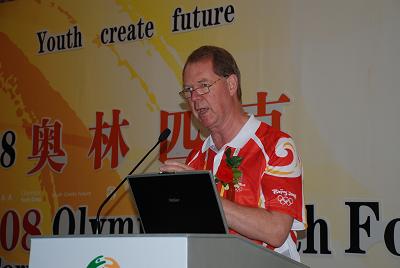- 专业翻译公司
-
“学而时习之,不亦说乎?”的翻译难在哪里?
Unitrans世联
文章转载自 解村 21世纪英文报
子曰:“学而时习之,不亦说乎?有朋自远方来,不亦乐乎?人不知而不愠,不亦君子乎?”《论语 · 学而》
✦
✦
作为《论语》开篇第一则,这里围绕两个贯穿全书始终的关键词展开,即“学”和“乐”(“说” “乐” “不愠”)。孔子认为,修身治学,“乐”是理想的状态,故云“知之者不如好之者,好之者不如乐之者。”李泽厚借此提出他著名的中国文化“乐感”之说。
此处三句与“乐”相关的话并列,而彼此之间似乎关系松散,考虑到这一则具有开宗明义的地位,后代许多学人倾向于将它解释为义理有机相连的一段,故其解读皆向“学”字着力:认为“有朋”(或作“友朋”)即同门,远道而来是为了切磋学问;因无宾语而语义模糊的“人不知”也便随之解释为“别人不了解自己的学识和见解”。
中外翻译家们是如何翻译这一则的呢?我们一起看看:
辜鸿铭:Confucius remarked, “ It is indeed a pleasure to acquire knowledge and, as you go on acquiring, to put into practice what you have acquired. A greater pleasure still it is when friends of congenial minds come from afar to seek you because of your attainments. But he is truly a wise and good man who feels no discomposure even when he is not noticed of men.”
许渊冲:Is it not a delight, said the Master, to acquire knowledge and put it into practice? Is it not a pleasure to meet friends coming from afar? Is he not an intelligentleman, who is careless alike of being known or unknown?
阿瑟·韦利: The Master said, to learn and at due times to learn what one has learned, is that not after all a pleasure? That friends should come to one from afar, is this not after all delightful? To remain unsoured even though one’s merits are unrecognized by others, is that not after all what is expected of a gentleman?
理雅各:The Master said, “Is it not pleasant to learn with a constant perseverance and application? Is it not delightful to have friends coming from distant quarters? Is he not a man of complete virtue, who feels no discomposure though men may take no note of him?
刘殿爵:The Master said, “Is it not a pleasure, having learned something, to try it out at due intervals? Is it not a joy to have friends come from afar? Is it not gentlemanly not to take offence when others fail to appreciate your abilities?
北京外国语大学解村老师认为,翻译之难在于,不同的阐释原本并存于原文,而一经翻译便不得不落诸实处,对于语言精简的先秦典籍来说尤其如此。若从上说,则在译文中最好体现出“切磋论学”的意思,辜鸿铭所加的“congenial minds”(志趣相投)和“because of your attainments”(为了你的学识)点出了朋友此来何为。至于“人不知”,则以上前辈译家多理解为本人或其优点、能力不被他人重视,这样译固然可保无虞,但终究偏离了“学”的主题。
“习”从“羽”,朱熹注为“鸟数飞也”,指的是通过实践来学,其意偏于“行”,不宜理解为“温习”。在孔学之中,“行”是“学”的指归,《论语》中有诸多章句与此相关,例如“听其言而观其行”“敏于事而慎于言”“讷于言而敏于行”。所以,与译为“learn what one has learned”(温习)相比,“put into practice”(付诸实践)是更为合理的翻译。
“君子”的翻译颇为棘手。在孔子的时代,除了表示“品行之高”,它更为原初的意义“地位高的男子”尚未完全从该词中消退。“man of virtue”(理雅各)“wise and good man”(辜鸿铭)固然可行,但难免少了历史语境中对于社会身份的指涉。译为“gentleman”(韦利、刘殿爵)甚或许渊冲的新造词“intelligentleman”亦无不可,毕竟“君子”和“绅士”有许多相似之处,但“绅士文化”是17世纪才在西欧成形的他者,以它来置换时空和内涵都不相同的“君子”也难免有些粗率。有译者将其译为“superior man”,兼顾了“地位之高”和“品行之高”。还有人主张直接音译为“Junzi”,突出它独一无二的本土属性。
《论语》记载着孔子跟门人弟子的对话,章句大多不是高头讲章。“不亦……乎?”这样的句式表现出孔子不是在说教,而是以交流的姿态娓娓闲谈。所以在翻译中,窃以为这个句式应该予以保留。辜译美则美矣,但于此处的处理或有所失。




